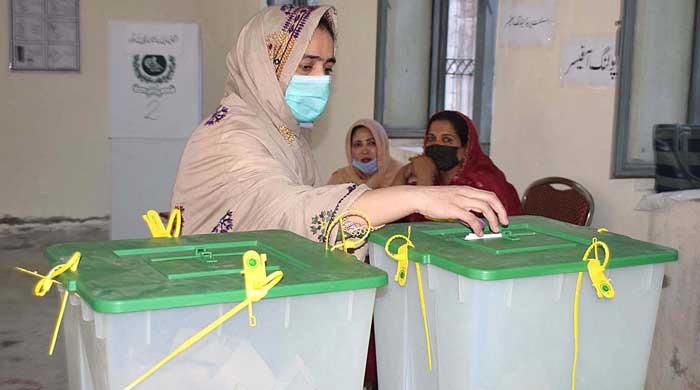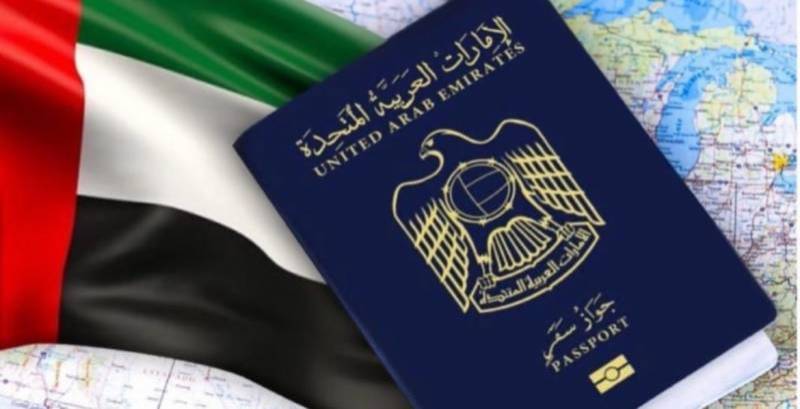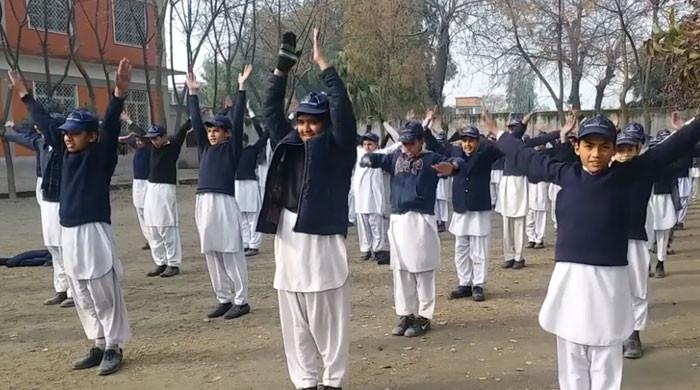James Carville, the political strategist of Democratic Presidential candidate Bill Clinton’s election campaign in 1992 against the incumbent President George H Bush advised him “It is economy stupid”. America was in the midst of an economic recession, and President Clinton and his VP Al Gore highlighted the economy to defeat the sitting President. In the USA, a sitting President normally has an edge over his rival, provided his performance was satisfactory. President G W Bush was at helm when the US invaded Iraq in 1991 and all he talked about during his re-election campaign was harping on this. The reality on the ground was that American citizens were facing unemployment, inflation etc., and were looking for a change of leadership that could resolve their economic hardships.
The MD of IMF, Kristalina Georgieva, has once again stated that Pakistan’s biggest problem is its lower Tax to GDP ratio of 12% and it must be a minimum of 15%, without which chances for economic recovery are very bleak. She stated, in an interview to Bloomberg, “We are saying it has to be at least 15% to have the revenues to sustain the functioning of Pakistan”. She elaborated that all those who earn and can pay taxes, must pay taxes due from them. Everyone who has held power is aware of this. Yet nobody has bothered to rectify this irregularity.
General election is due on 8 February 2024, and all major aspirants for PM of Pakistan have as yet, not come out with their blueprint and action plan to salvage the country from the economic quagmire it faces. Pakistan’s citizens are facing an economic crisis where it is difficult to eat two meals a day and educate their children. Although the Constitution of Pakistan makes it mandatory for the State to provide education to children below 16 years, the State has outsourced this to the private sector. Similar is the situation in the health sector. Education has become a luxury, affordable to those who can pay exorbitant fees. What the ruling elite of this country has forgotten is that amongst the most distinguished, internationally acclaimed scientists, researchers, economists etc., the majority were products of government subsidized schools and universities.
Pakistan stands deprived of talented individuals amongst the poor. It takes a few geniuses to change the destiny of any country through their achievements in scientific research and technological skills. In a democracy there is no concept of ruling families’ right to rule. Individuals are elected to govern for a defined tenure and replaced by new faces. Limiting tenures for elected constitutional office holders to a maximum of two terms has evolved over the years so that dictatorial tendencies and sense of being indispensable does not set in. However, this practice of removing PMs elected for 5-year terms, who enjoy majority support of majority in parliament, is unconstitutional.
Development of human resources seems to be the least of priority and other than mere rhetoric, no concrete plans exist. What we have is a consumer-based economy, where smuggled goods flood our markets and there is no emphasis on achieving self-sufficiency in manufacturing these items for local consumption and export. To make matters worse, the retail and wholesale traders hardly pay any taxes. There is no documentation of smuggled goods under the garb of Afghan Transit Trade which can be curtailed if they are transported in secured and sealed goods trains. It was Zia junta who was instrumental in the destruction of Pakistan Railways, when they shifted to road transportation, for ulterior motives, from port to cities and the Afghan border, in case of transit trade imports. All over the world, railways earn profit from goods transportation to subsidize passenger traffic. This shift to road transportation has destroyed our roads.
Even the NATO supplies were carried by road. Whilst the governments that held power, as a gesture of goodwill to USA/NATO charged concessional fares, this country’s infrastructure was damaged. The institutionalized tax evasion by the retail, real estate, tobacco, big landlords, fertilizer/sugar cartels have support of many within the political and paid elite of this country. This has made Issues of inflation, unemployment and price escalation haunt lives of the poor and the middle class, who compromise the majority. They expect the political leadership to address the economic issues and are not interested in what politicians achieved in the past, or how much they and their families have suffered.
The Constitution of Pakistan requires that all citizens must be treated equally and everyone who earns above a certain uniform threshold should pay taxes, just like the salaried citizens. Unfortunately, almost every government, including PTI, PML-N, PPP, PML-Q etc., and dictators, which has held power since 60s onwards, has been hostage to their conflicts of interest, unwilling to levy taxes on those whom they consider to be their loyal constituency, which they must protect, irrespective of adverse impact on the economy. Many within these parties have made policy statements in parliament that no new taxes will be levied on real estate, big landlords etc. The reverse flow of foreign exchange out of Pakistan is also linked to the real estate cartel.
The election campaign has started and every potential candidate for the slot of PM is either talking about what his government did, such as building motor ways etc., while others are talking of the number of jobs they provided in SOEs. Exploiting the religious sentiments of citizens with promises of reviving Medina State, while pursuing their patronization of real estate and cartels has become a norm. Recruitments in violation of merit in already overstaffed SOEs reduced them to white elephants. Their claim of achievements, such as building motorways etc, funded by taxpayers was part of their normal functioning. However, none of them talk about the basic problem, which is that revenues collected from direct taxation are not even enough, to meet expenses and pay instalments due for debt servicing. In essence, Pakistan’s future hinges on transcending political rhetoric and addressing fundamental economic reforms to uplift its citizens from the grip of hardship and uncertainty.
—The writer is contributing columnist, based in Lahore.
Email: [email protected]
views expressed are writer’s own.






